

Articles
How Long To Boil Eggs In Microwave Oven
Modified: August 25, 2024
Discover the quickest way to boil eggs in a microwave oven with our helpful articles. Streamlined cooking tips for perfectly boiled eggs in no time!
(Many of the links in this article redirect to a specific reviewed product. Your purchase of these products through affiliate links helps to generate commission for Storables.com, at no extra cost. Learn more)
Introduction
Boiling eggs is a classic cooking technique that many people are familiar with. It’s a simple process that yields a versatile ingredient that can be enjoyed in numerous dishes, from deviled eggs to salads and sandwiches. While boiling eggs on a stovetop is the most common method, did you know that you can also boil eggs in a microwave oven? Yes, that’s right! You can achieve perfectly boiled eggs using this convenient kitchen appliance.
Boiling eggs in a microwave oven offers several advantages. Firstly, it saves time, as the microwave can quickly heat the water and cook the eggs in a matter of minutes. Secondly, it eliminates the need for a stovetop, making it a practical option for those who don’t have access to a traditional kitchen setup. Lastly, boiling eggs in a microwave can be beneficial for those who are energy-conscious, as microwaves tend to consume less electricity than stovetops.
However, before you grab a carton of eggs and start boiling them in your microwave oven, it’s important to ensure that you follow certain safety precautions and guidelines. In this article, we will walk you through the step-by-step process of boiling eggs in a microwave oven, provide different cooking times for various levels of egg doneness, share tips for achieving perfectly boiled eggs, and highlight common mistakes to avoid. So, let’s get cracking and learn how to perfectly boil eggs in a microwave oven!
Key Takeaways:
- Boiling eggs in a microwave oven offers convenience, time-saving, and energy efficiency. Follow safety precautions, adjust cooking times, and enjoy perfectly boiled eggs for various culinary creations.
- Avoid common mistakes when boiling eggs in a microwave oven by using microwave-safe containers, poking holes in eggs, and adjusting cooking times. Prioritize safety, follow guidelines, and enjoy deliciously boiled eggs with ease.
Read more: How To Cook Eggs In The Microwave Oven
Safety Precautions when Boiling Eggs in a Microwave Oven
While boiling eggs in a microwave oven can be a convenient and time-saving method, it’s crucial to prioritize safety to avoid any mishaps. Here are some important safety precautions to follow when boiling eggs in a microwave oven:
- Use microwave-safe containers: Ensure that the container you use to boil eggs in the microwave is labeled as microwave-safe. It should be heat-resistant and capable of withstanding high temperatures. Avoid using metal containers or aluminum foil, as they can cause sparks or fires.
- Poke holes in the eggs: Before placing the eggs in the microwave, use a pin or a small needle to poke a tiny hole in the wider end of each egg. This will allow steam to escape during the cooking process and prevent the eggs from exploding.
- Add water to the container: Place the eggs in a microwave-safe container and add enough water to cover them completely. This water will help create steam and cook the eggs evenly.
- Use a microwave-safe cover: Cover the container with a microwave-safe lid or plastic wrap. This will help trap the steam and heat, ensuring thorough cooking of the eggs. Make sure to leave a small vent to allow excess steam to escape.
- Handle the container with care: After boiling the eggs in the microwave, the container and eggs will be hot. Use oven mitts or a towel to handle the hot container and avoid burns. Allow the eggs to cool before handling them further.
By following these safety precautions, you can minimize the risk of accidents or injuries when boiling eggs in a microwave oven. It’s crucial to always prioritize safety in the kitchen to enjoy cooking without any mishaps.
Step-by-Step Guide to Boiling Eggs in a Microwave Oven
Now that you’re familiar with the safety precautions, let’s dive into the step-by-step process of boiling eggs in a microwave oven:
- Prepare the eggs: Start by selecting the desired number of eggs you want to boil. Ensure that the eggs are fresh and free from any cracks or damage.
- Poke holes in the eggs: Using a pin or a small needle, gently poke a tiny hole in the wider end of each egg. This will allow steam to escape during the cooking process and prevent the eggs from exploding.
- Place the eggs in a microwave-safe container: Arrange the eggs in a single layer at the bottom of a microwave-safe container. Make sure the eggs are not overcrowded, as they need space to cook evenly.
- Add water: Pour enough water into the container to completely cover the eggs. The water should be at least 1 inch above the eggs. This will provide the needed moisture to create steam and cook the eggs.
- Cover the container: Place a microwave-safe lid or plastic wrap over the container. Make sure to leave a small vent to allow excess steam to escape. The cover will help trap the steam and speed up the cooking process.
- Microwave the eggs: Place the container with the covered eggs in the microwave oven. Set the microwave to medium power or around 50% power to prevent the eggs from exploding. Start with a cooking time of 8 minutes.
- Stir and check: After 8 minutes, carefully remove the container from the microwave using oven mitts or a towel. Gently stir the eggs and check their doneness. If the eggs are not fully cooked, return them to the microwave and continue cooking in 1-minute increments until desired doneness is reached.
- Let the eggs rest: Once the eggs are cooked to your liking, remove the container from the microwave and let the eggs rest for a few minutes. This will allow the residual heat to finish the cooking process and make the eggs easier to handle.
- Cool and peel the eggs: After the eggs have rested, carefully remove them from the container. Run them under cold water or place them in an ice bath to cool them down quickly. Once cooled, gently tap and roll each egg on a hard surface to crack the shell, then peel off the shell.
- Enjoy your boiled eggs: Your perfectly boiled eggs from the microwave oven are now ready to be enjoyed! Use them in your favorite recipes, make a delicious egg salad, or simply season them with salt and pepper for a quick and healthy snack.
Following this step-by-step guide will help you achieve perfectly boiled eggs using your microwave oven. Remember to adjust the cooking time according to your microwave’s power level and your preferred level of egg doneness.
Different Cooking Times for Various Levels of Egg Doneness
When boiling eggs in a microwave oven, the cooking time can vary depending on your desired level of egg doneness. Here are the approximate cooking times for different levels of egg doneness:
- Soft-boiled eggs: For a soft-boiled egg with a runny yolk and a slightly firm white, microwave the eggs for around 4-5 minutes.
- Medium-boiled eggs: If you prefer a medium-boiled egg with a creamy yolk and a fully set white, cook the eggs for approximately 6-7 minutes in the microwave.
- Hard-boiled eggs: For a completely firm yolk and white, cook the eggs for about 8-9 minutes in the microwave.
It’s important to note that the cooking time may vary depending on the power of your microwave oven and the number of eggs you are boiling at once. It’s always best to start with the recommended cooking time and make adjustments based on your preference and microwave oven settings.
Keep in mind that microwaves cook food differently compared to conventional stovetop boiling methods. The cooking times mentioned above are approximate and may require some adjustments to achieve your desired level of egg doneness. Additionally, the size of the eggs can also affect the cooking time, so you may need to experiment to find the perfect cooking time for your specific situation.
Remember to use caution when handling the hot container and eggs after microwaving. Always use oven mitts or a towel to avoid burns. Allow the eggs to cool slightly before handling them further.
By understanding the cooking times for various levels of doneness, you can ensure that your boiled eggs from the microwave oven are perfectly cooked to your liking.
Pierce the egg with a pin before microwaving to prevent it from exploding. Microwave on high for 3-4 minutes for a soft-boiled egg and 5-6 minutes for a hard-boiled egg. Let it sit for a minute before peeling.
Tips for Perfectly Boiled Eggs in a Microwave Oven
To achieve perfectly boiled eggs in a microwave oven, here are some helpful tips to keep in mind:
- Adjust cooking time: Every microwave oven is different, so you may need to adjust the cooking time based on the wattage and power level of your specific appliance. Start with the recommended cooking times provided earlier, and then make adjustments as needed to achieve your desired level of egg doneness.
- Experiment with power settings: If your microwave has multiple power levels, you can experiment with different settings to find the one that works best for boiling eggs. Lower power levels can help prevent the eggs from exploding and allow for more even cooking.
- Use a microwave-safe cover: When covering the container of eggs, make sure to use a microwave-safe lid or vented plastic wrap. This will help trap steam and heat, ensuring thorough cooking of the eggs.
- Rotate eggs midway: To ensure even cooking, consider rotating the eggs halfway through the cooking process. This will help distribute the heat more evenly and prevent any hot spots in the microwave.
- Let the eggs rest: After cooking, allow the eggs to rest in the hot water for a few minutes. This will help them finish cooking and make peeling easier. The residual heat will continue the cooking process even after removing them from the microwave.
- Use a timer: It’s important not to overcook the eggs, as they can become rubbery. Use a timer or set a reminder to keep track of the cooking time and prevent any mishaps.
- Adjust water level: If you find that the eggs are not fully submerged in the water during cooking, you may need to adjust the water level. The eggs should be completely covered to ensure even cooking.
- Test for doneness: To check if the eggs are cooked to your liking, gently spin an egg on a flat surface. If it spins quickly, it is likely fully cooked. If it wobbles slightly, it may be soft-boiled. Feel free to adjust the cooking time accordingly.
By following these tips, you can increase your chances of achieving perfectly boiled eggs in a microwave oven. Remember that practice makes perfect, so don’t be discouraged if it takes a few attempts to find the ideal cooking time and power level for your specific microwave oven.
Now that you have the knowledge and tips, you’re ready to embark on your journey to boiling eggs in a microwave oven like a pro!
Read more: How Long To Boil Eggs In Rice Cooker?
Common Mistakes to Avoid when Boiling Eggs in a Microwave Oven
Boiling eggs in a microwave oven can be a convenient cooking method, but it does require some attention to detail to achieve the best results. Here are some common mistakes to avoid when boiling eggs in a microwave oven:
- Using non-microwave-safe containers: It’s important to use containers that are specifically labeled as microwave-safe. Using inappropriate containers, such as those made of metal or with metallic accents, can cause sparks or fires.
- Skipping the step of poking holes: Poking holes in the eggs is essential to prevent them from exploding during the cooking process. Skipping this step can lead to messy and potentially dangerous situations.
- Overcrowding the container: While it might be tempting to boil multiple eggs at once, overcrowding the container can prevent even cooking. Ensure that the eggs have enough space to move around and cook evenly.
- Not adding enough water: The eggs should be fully submerged in water to ensure proper cooking. Insufficient water can result in uneven cooking and undercooked eggs.
- Using an airtight cover: When covering the container, it’s important to leave a small vent to allow excess steam to escape. Using an airtight cover can lead to a buildup of pressure, causing the eggs to explode.
- Overcooking the eggs: It’s easy to overcook eggs in the microwave, resulting in rubbery textures. Be mindful of the cooking time and make adjustments to avoid overcooking.
- Forgetting to let the eggs rest: Allowing the eggs to rest for a few minutes after cooking is crucial. This helps them finish cooking and makes peeling easier. Skipping this step may result in undercooked or difficult-to-peel eggs.
- Not adjusting cooking time for different microwave wattages: Different microwave ovens have different wattages, which can affect cooking times. It’s important to adjust the cooking time according to your specific microwave’s power level to achieve the desired level of egg doneness.
Avoiding these common mistakes will help you achieve better results when boiling eggs in a microwave oven. Remember to always prioritize safety, follow the recommended guidelines, and adjust as needed based on your specific appliance and personal preferences.
With practice and attention to detail, you’ll soon master the art of boiling eggs in a microwave oven and enjoy perfectly cooked eggs for all your culinary creations.
Conclusion
Boiling eggs in a microwave oven offers a convenient and time-saving alternative to traditional stovetop methods. With the right techniques and precautions, you can achieve perfectly boiled eggs in just a matter of minutes. By following the step-by-step guide, adhering to safety precautions, and adjusting cooking times accordingly, you can enjoy delicious boiled eggs with ease.
Remember to use microwave-safe containers, poke holes in the eggs, add enough water, and cover the container properly. Adjust the cooking time based on your microwave’s power level and your preferred level of egg doneness. And don’t forget to let the eggs rest before peeling to ensure a good texture and ease of handling.
While there are some common mistakes to avoid, such as using non-microwave-safe containers or skipping the step of poking holes, with practice and attention to detail, you can overcome these challenges and achieve fantastic results.
Whether you prefer a soft-boiled, medium-boiled, or hard-boiled egg, boiling eggs in a microwave oven opens up a world of possibilities in your cooking. These perfectly boiled eggs can be enjoyed as a quick and nutritious snack, incorporated into salads and sandwiches, or used in a variety of other recipes.
So, next time you find yourself in need of boiled eggs, give the microwave oven method a try. Experiment with cooking times, power settings, and different techniques to find what works best for you. With a little practice, you’ll be able to enjoy perfectly boiled eggs in no time.
Remember to prioritize safety, follow the guidelines, and always adjust based on your specific microwave oven. So, get ready to put your microwave oven to good use and enjoy deliciously boiled eggs whenever cravings strike!
Frequently Asked Questions about How Long To Boil Eggs In Microwave Oven
Was this page helpful?
At Storables.com, we guarantee accurate and reliable information. Our content, validated by Expert Board Contributors, is crafted following stringent Editorial Policies. We're committed to providing you with well-researched, expert-backed insights for all your informational needs.
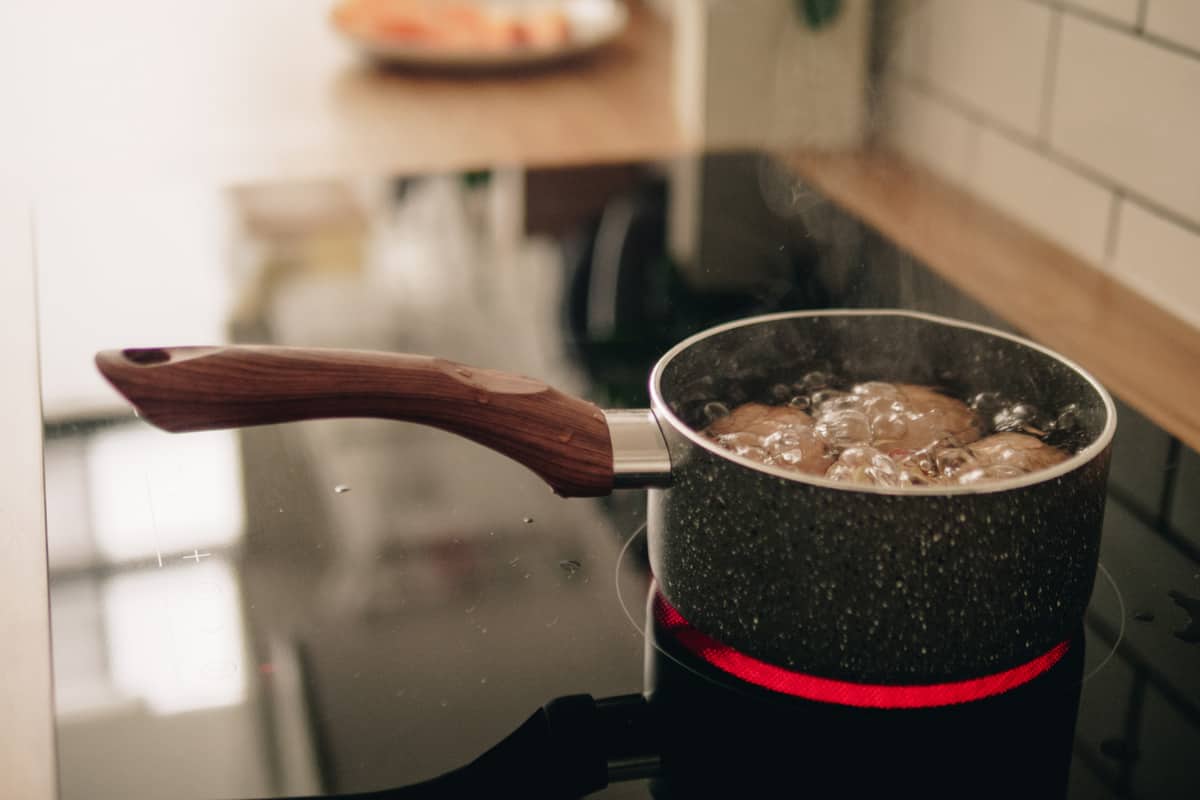
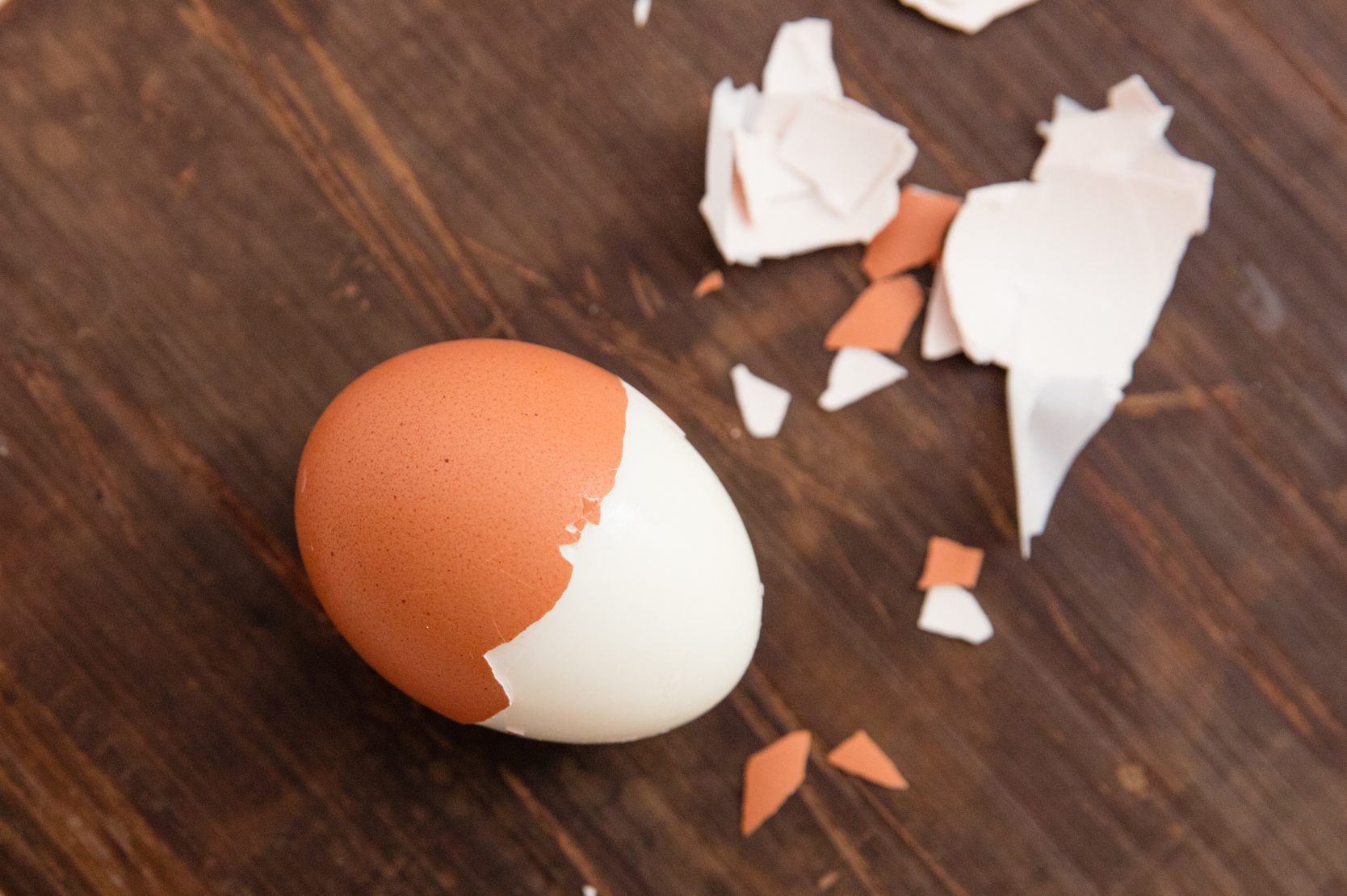
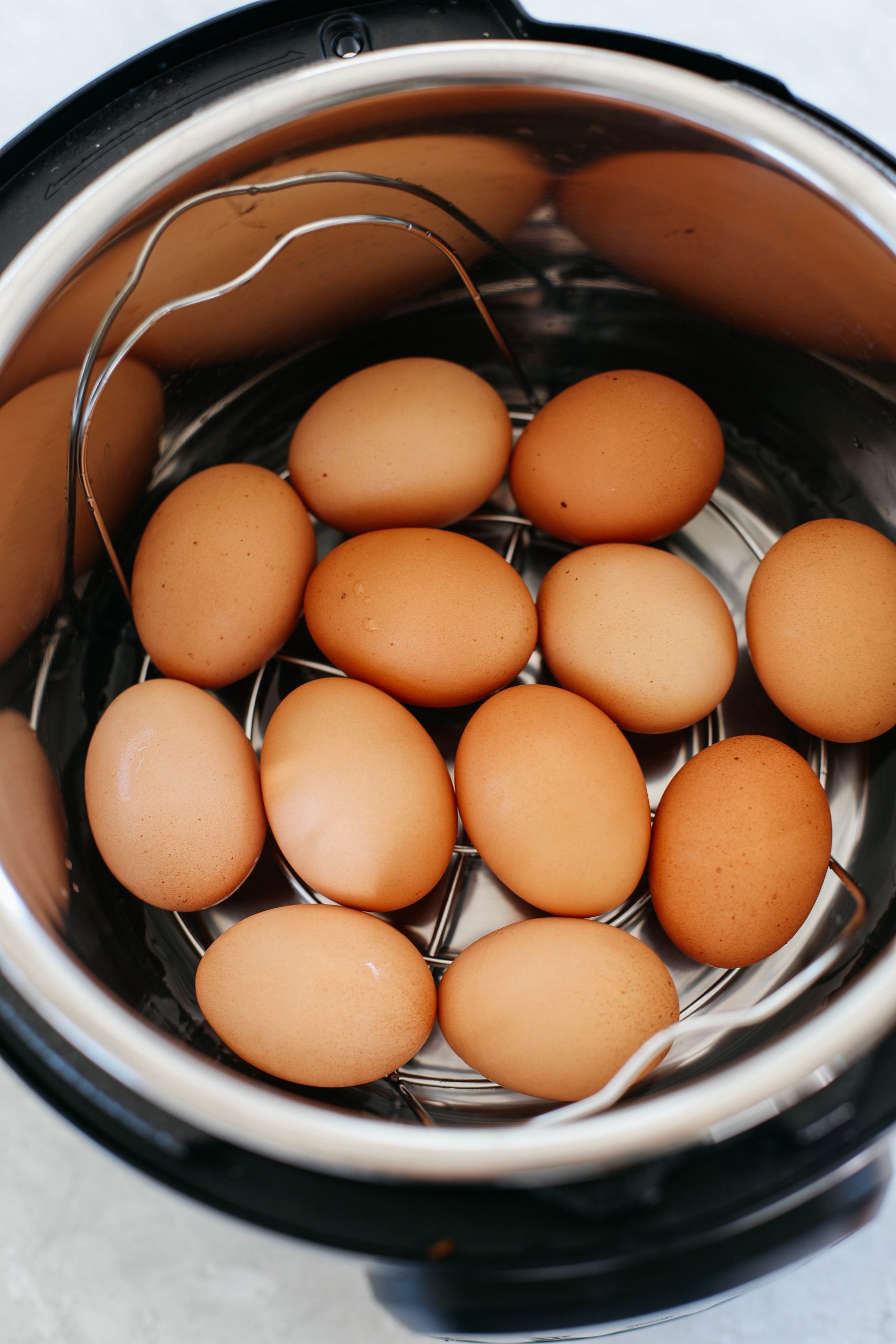
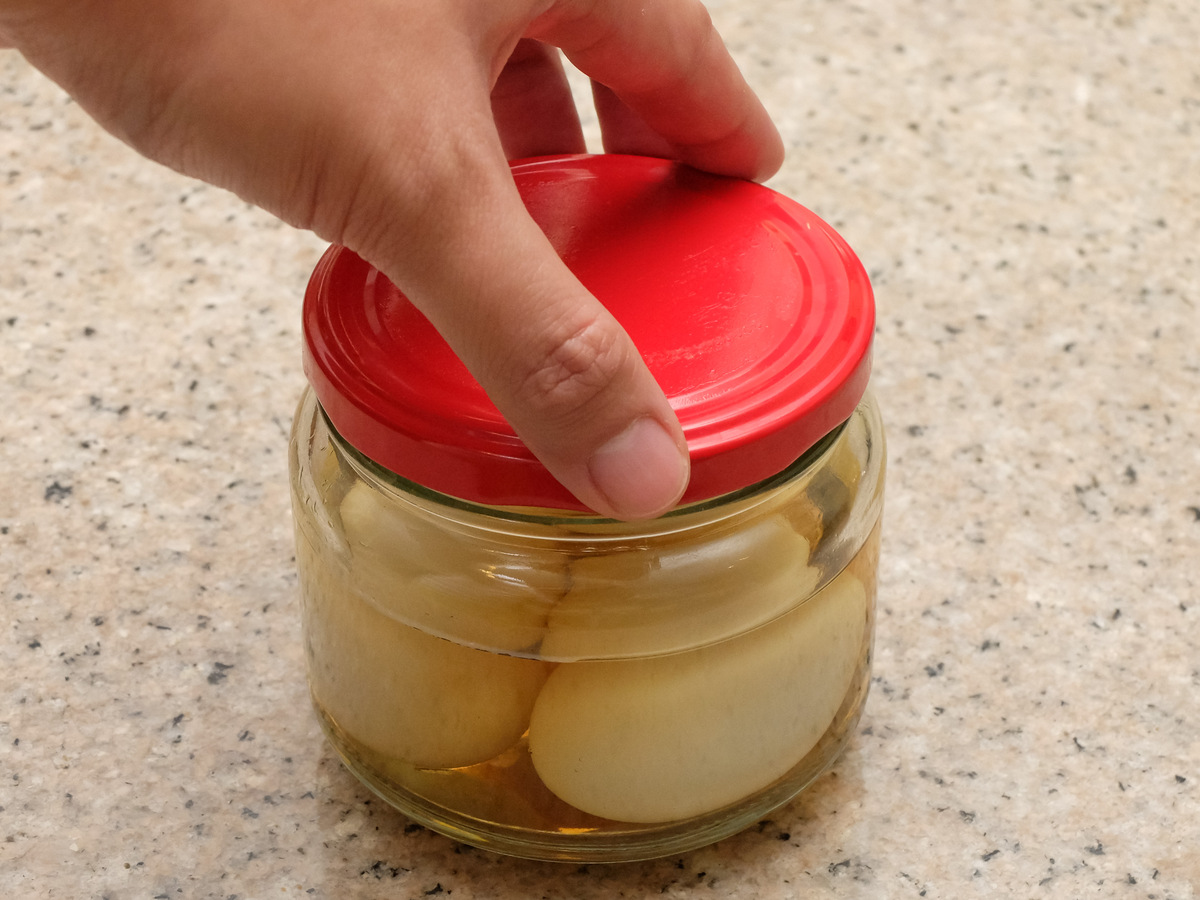
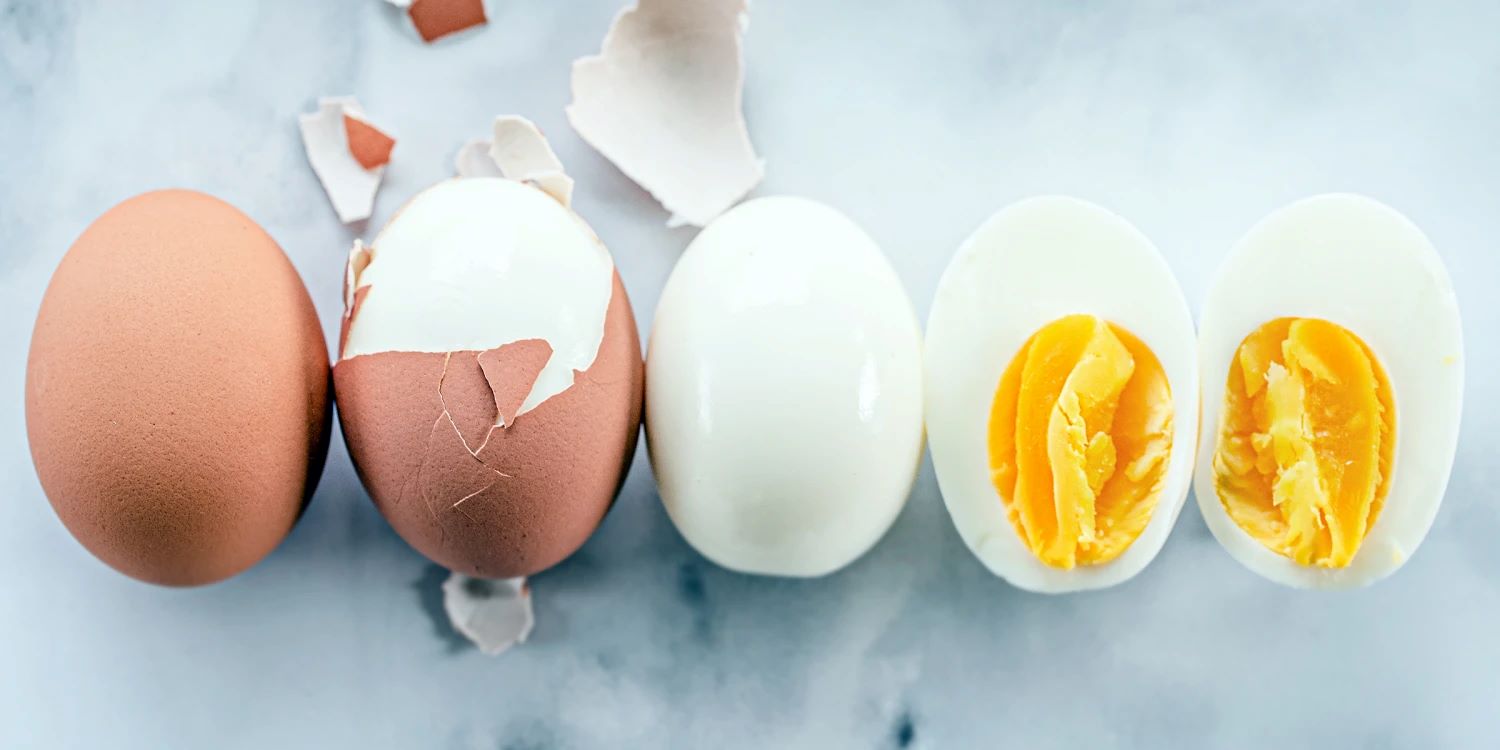

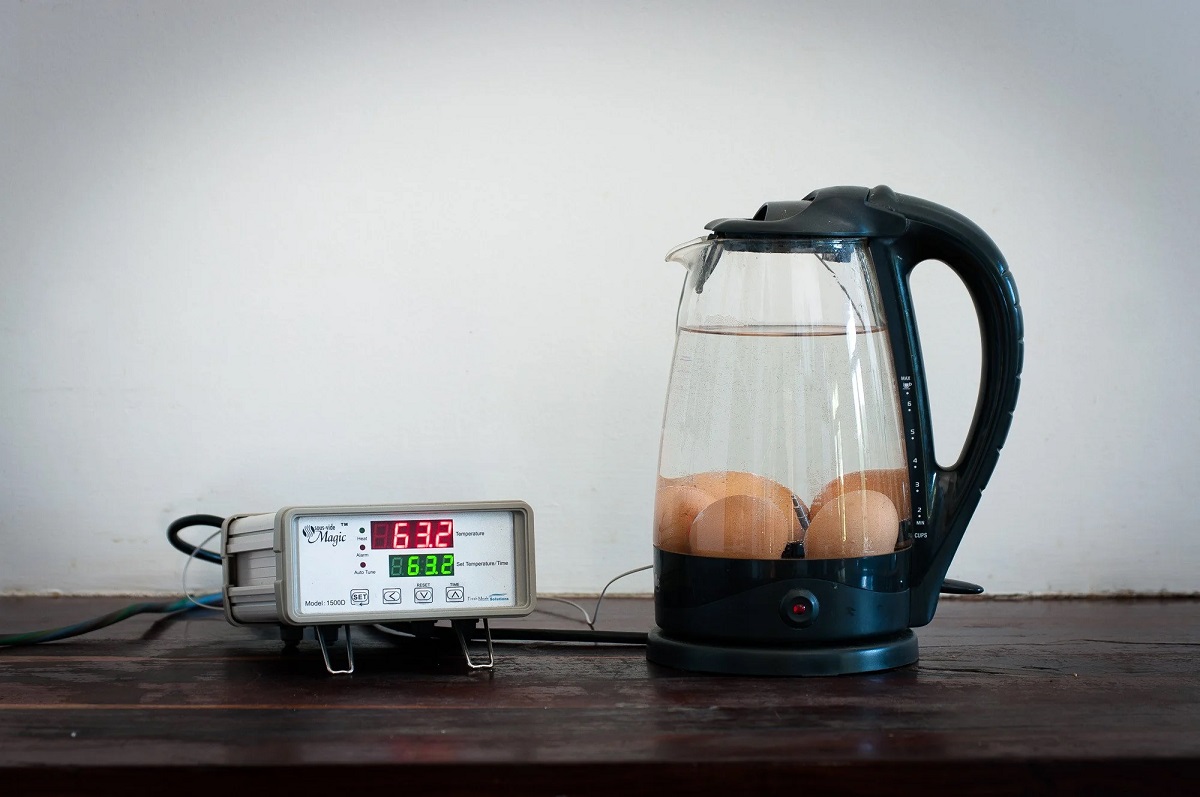





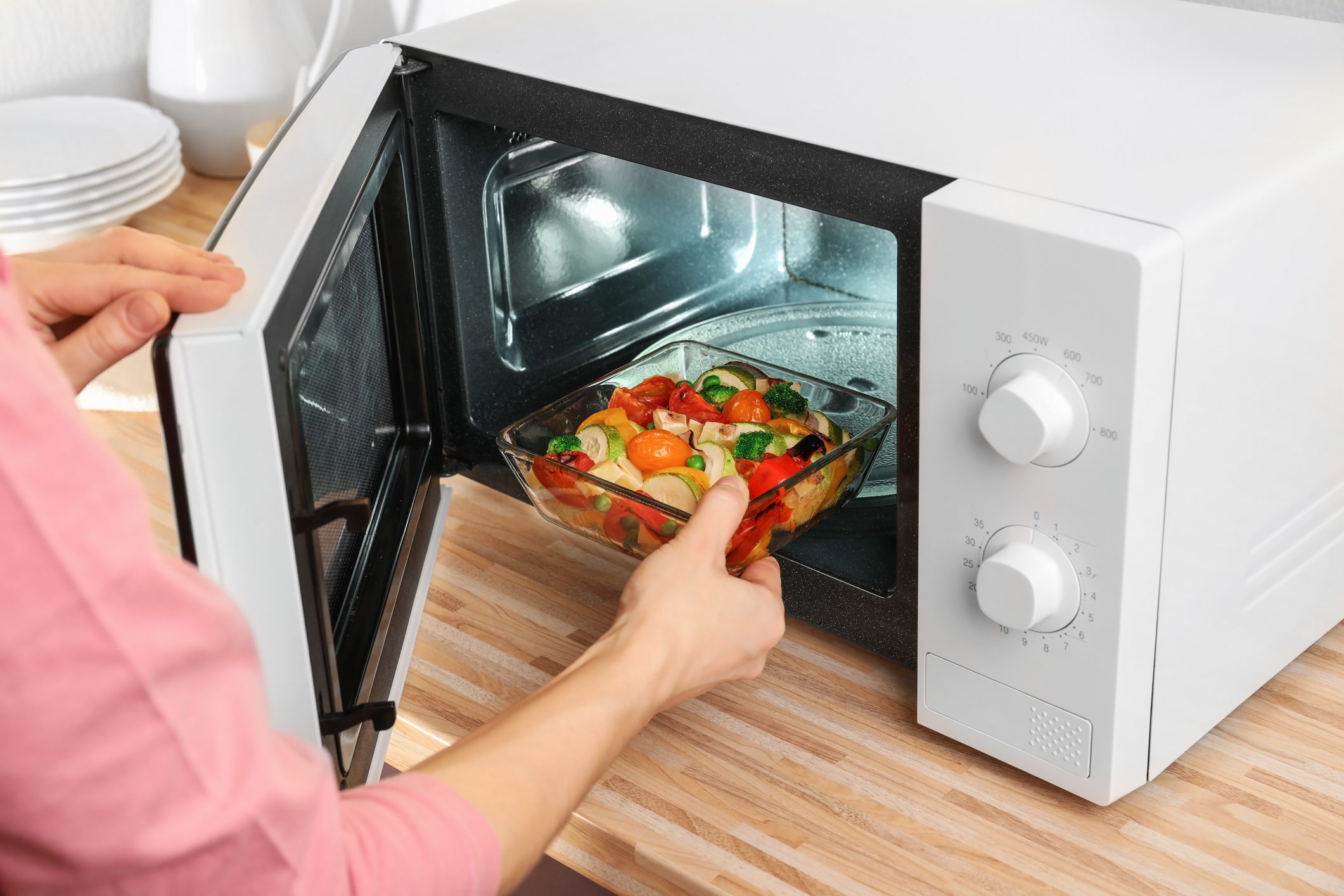
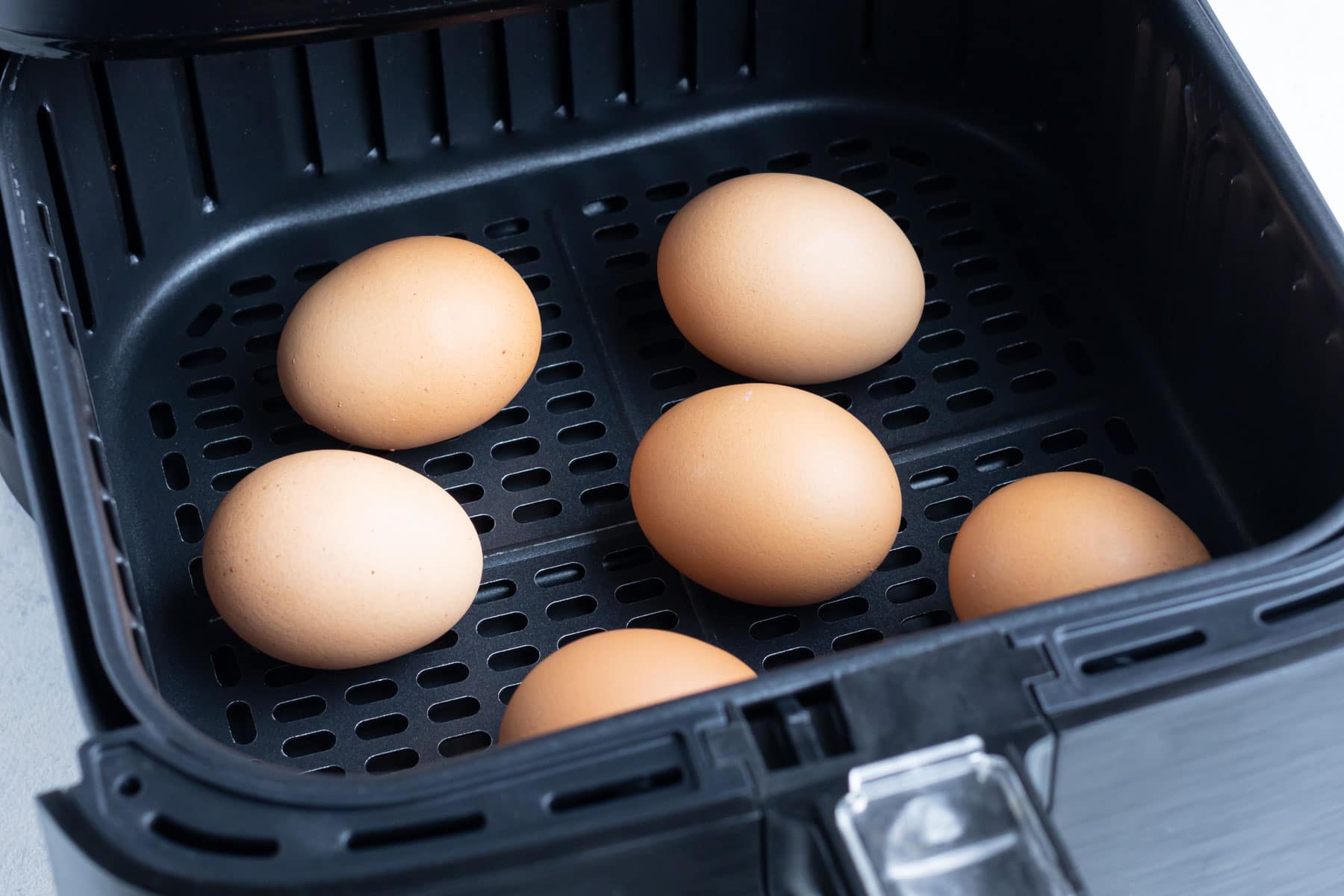

0 thoughts on “How Long To Boil Eggs In Microwave Oven”